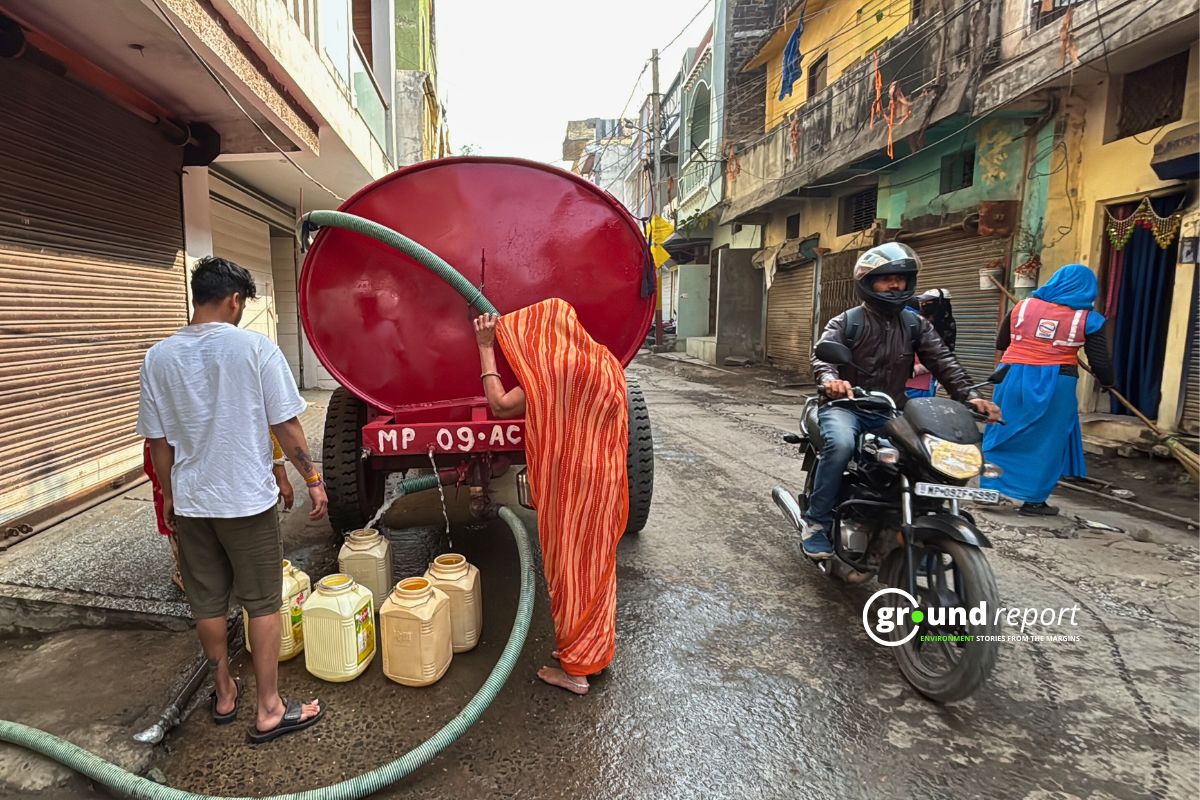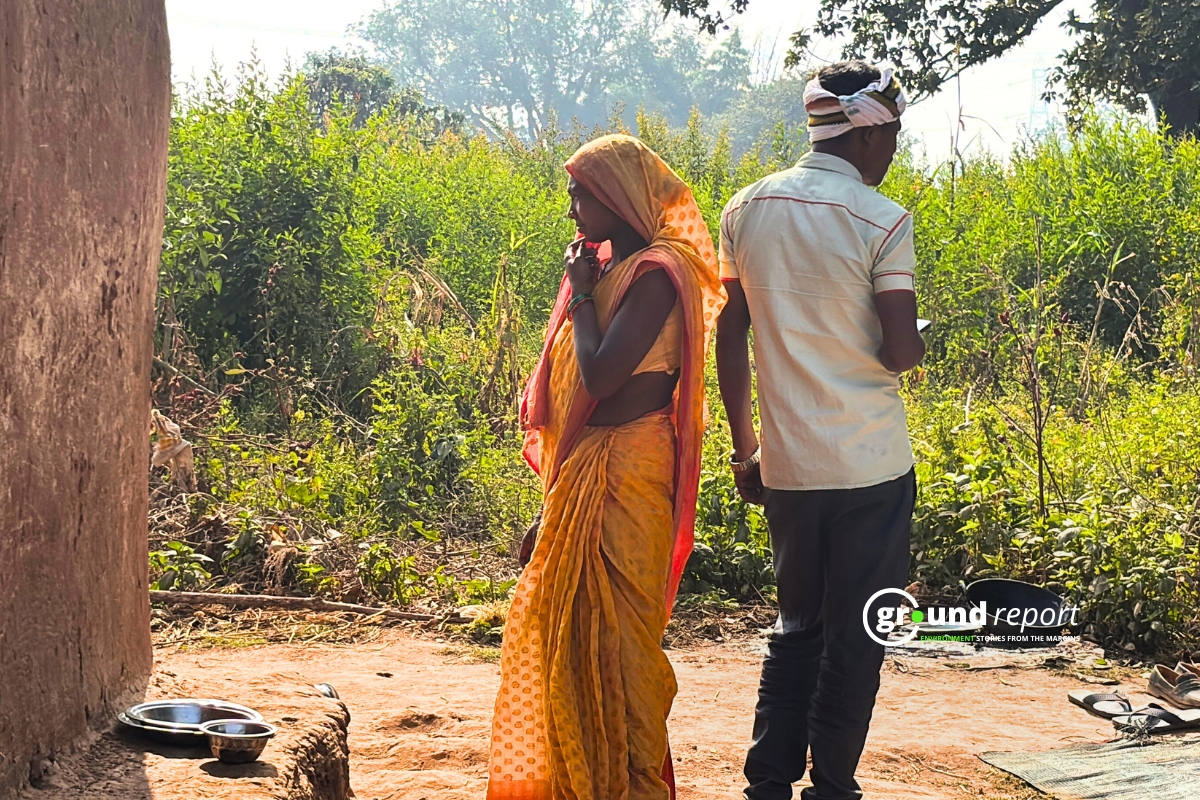A recent international study has discovered that skin diseases can significantly impact sleep quality. The study, part of the ALL Project, surveyed over 50,000 adults across 20 countries to understand the effects of various skin conditions.
The findings, presented at the European Academy of Dermatology and Venereology congress in Berlin, revealed that 42% of patients with skin diseases experienced sleep disturbances. These disturbances had a profound impact on their lives, with 49% reporting decreased productivity at work.
The primary symptoms disrupting sleep were itching (60%) and burning or tingling sensations (17%). Compared to those without skin diseases, these patients reported higher instances of morning fatigue (81%), daytime sleepiness (83%), eye tingling (58%), and frequent yawning (72%).
Dr. Charles Taib, the lead author of the study, highlights the importance of early detection and effective management of sleep disorders in patients with skin diseases due to their significant impact on physical health. Dr. Bruno Halioa, another author, suggested that healthcare providers should consider sleep disorders when screening patients with skin diseases.
Beneath the surface of hidradenitis suppurativa
The ALL PROJECT study has shed light on the struggles faced by individuals living with hidradenitis suppurativa, a painful, long-term skin condition that affects approximately 1 in 100 people. This condition, which causes skin abscesses and scarring, is often difficult to manage and can significantly impact patients’ lives.
The study revealed that a staggering 77% of patients with hidradenitis suppurativa felt stigmatized due to their condition. Furthermore, 58% reported experiencing ostracization or rejection from others. The condition led to people avoiding physical contact (57%) and social interaction (54%) with these patients.
This stigmatization has profound effects on patients’ self-perception, relationships, and daily lives. For instance, patients feeling stigmatized were more likely to avoid taking selfies (52%) and were more conscious about their appearance (72%). Alarmingly, nearly 79% of patients who were not adhering to their therapy also reported feeling stigmatized.
Dr. B Halioua highlights the need for immediate action, including public education and improved access to healthcare and support services for these patients. Dr. C Taieb added that this research is crucial for better supporting patients and addressing the hidden challenges they face due to stigmatization. By raising awareness, we can collectively work towards a more inclusive society, improve treatment adherence, and reduce the burden carried by these patients.
Keep reading
- 193 villages in Madhya Pradesh flood due to Sardar Sarovar’s backwater, who is responsible
- Jammu and Kashmir facing worst impact of climate change
- Climate change leaves Kashmir villages without water
- Climate Change: Impact of Untimely Snowfall on Nomads of Kashmir
- Why are Sheep dying in Kashmir?
Follow Ground Report for Climate Change and Under-Reported issues in India. Connect with us on Facebook, Twitter, Koo App, Instagram, Whatsapp and YouTube. Write us on GReport2018@gmail.com






